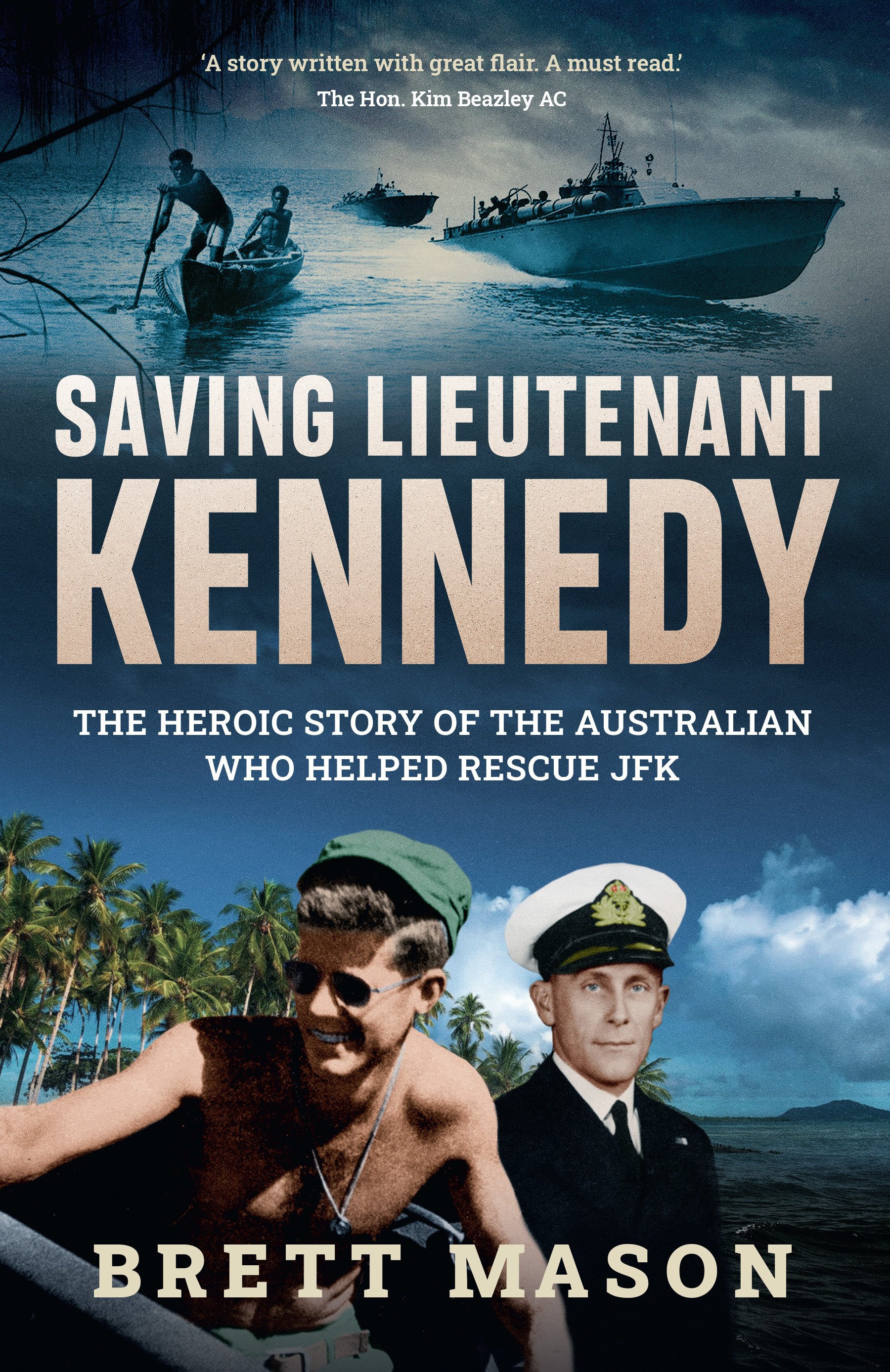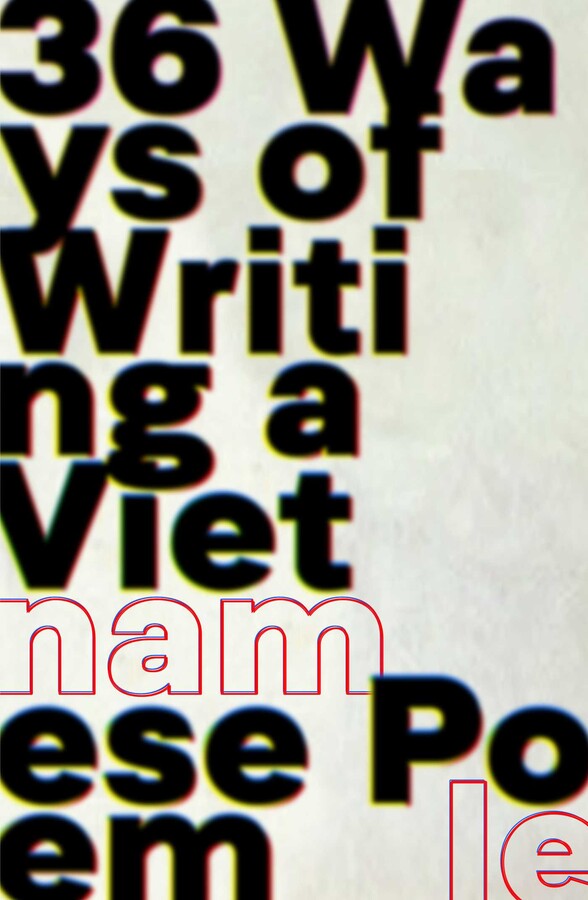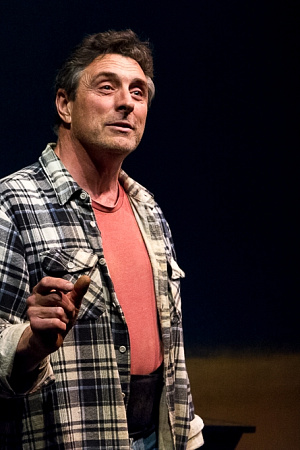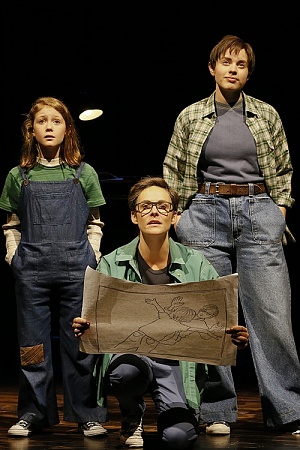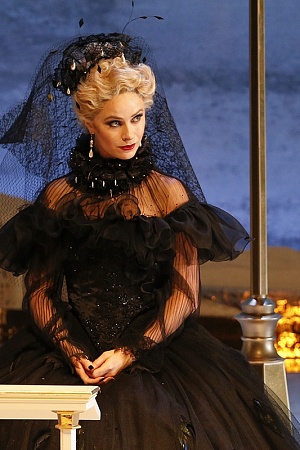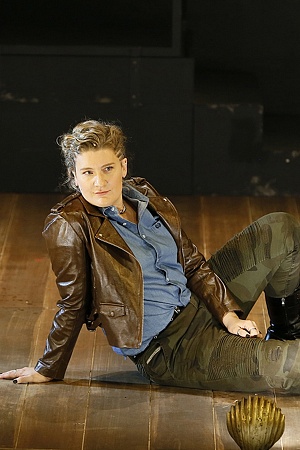‘This harsh, cawing, strongly felt play’
I first saw Summer of the Seventeenth Doll in 1957 in London, of all places. I remember feeling some pride in seeing the symbolic kewpie doll presiding over the New Theatre in the heart of the West End. June Jago’s performance as Olive has stayed with me over the years; Philip Hope-Wallace, the Guardian reviewer, described her as ‘all chin and elbows, but as genuine a dramatic actress as you could find’, which suggested an element of surprise that she should be ‘found’ in Australia. Jago had been in the original 1955 Union Rep production and placed her stamp on Olive: she was to be a hard act to follow. When The Doll came to London it had already won itself a unique place in Australian drama, but there had been some concern about how the Brits would receive a play about rough canecutters and free-and-easy barmaids. But critics like Hope-Wallace hailed ‘this harsh, cawing, strongly felt play’. The imperial imprimatur sealed the success of The Doll. Its later failure on Broadway could be dismissed as a judgement on American audiences rather than the play.
Continue reading for only $10 per month. Subscribe and gain full access to Australian Book Review. Already a subscriber? Sign in. If you need assistance, feel free to contact us.

